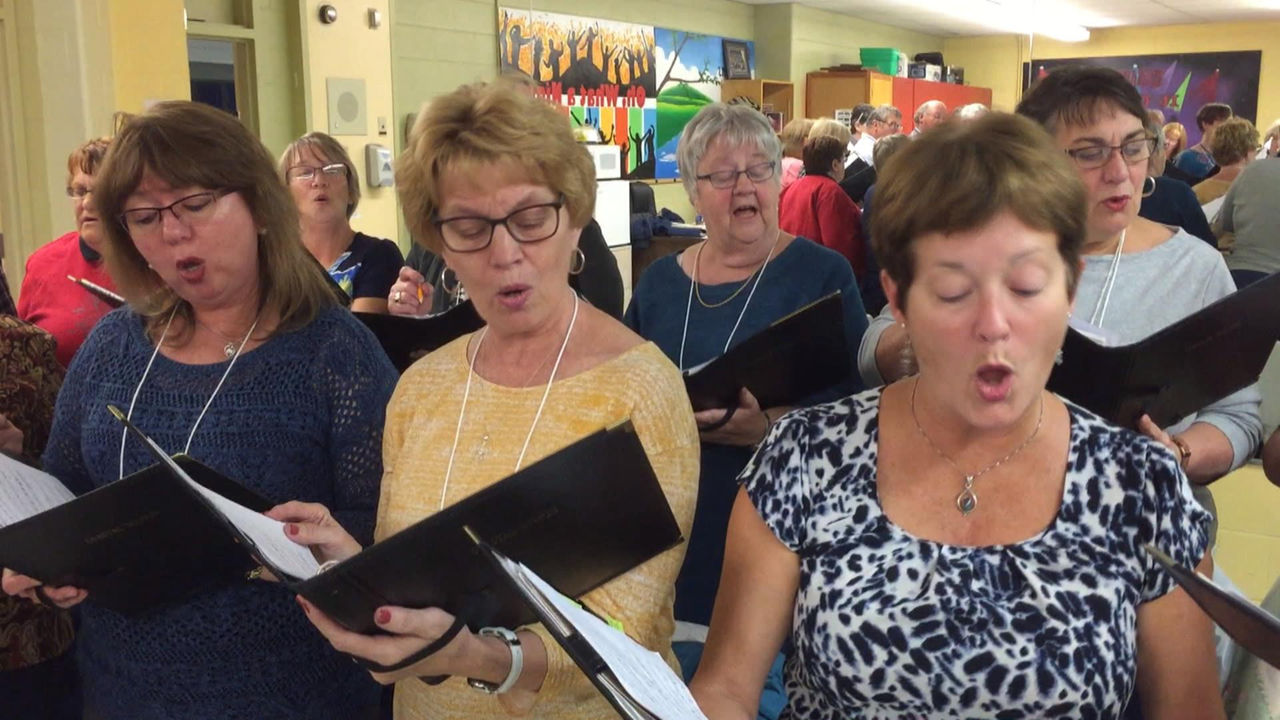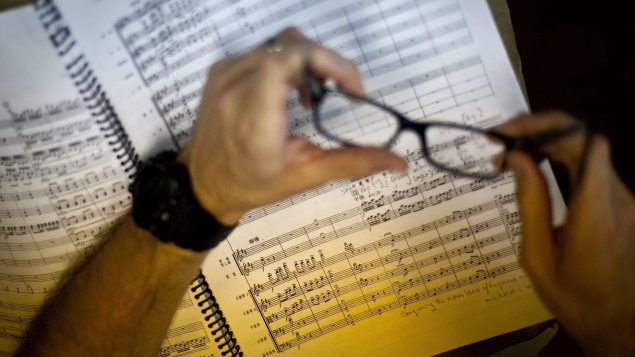“Music Therapy” is a term that gets thrown around a lot these days: sometimes for better, sometimes for worse.

Dr. Laurel Young’s career as a music therapist began when she entertained residents of nursing home while still in university. (Courtesy: Concordia University)
But when circumstances are right and the therapist is on his or her game, a healing process for those suffering from any number of emotional ailments can be broached and–if all goes well–solved, or at the very least mitigated.
Laurel Young, who among a number of other things, is an associate professor in the department of creative arts therapies at Montreal’s Concordia University, is well aware of some of the pitfalls and has written about them.
Still, she carries on, focusing these days on helping the elderly, especially with many dealing with ill-dementia.

Music can be bring access to many emotions, including a sense of well-being. (cbc.ca)
In addition, she and colleague Adrienne Pringle will soon publish a study in the Bereavement Care Journal on the effects of singing interventions used in a bereavement support group to understand how the process can help participants work through feelings of loss and grief.
Music, as we all well know from personal experience, tends to go the heart of any matter.
Music is powerful–capable of triggering cathartic expressions of anger, sadness and nostalgia and well as joy, happiness and peace.
And not only can you dance to it, sing it, play it, simply sit and enjoy it, it can be a powerful tool as we navigate through the ups and downs of life.
I spoke by phone on Monday with Dr. Young about her work as a music therapist.
Listen






For reasons beyond our control, and for an undetermined period of time, our comment section is now closed. However, our social networks remain open to your contributions.